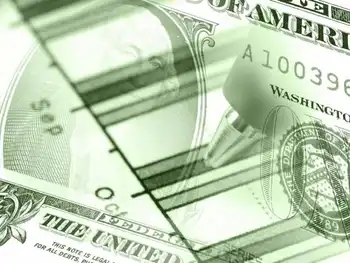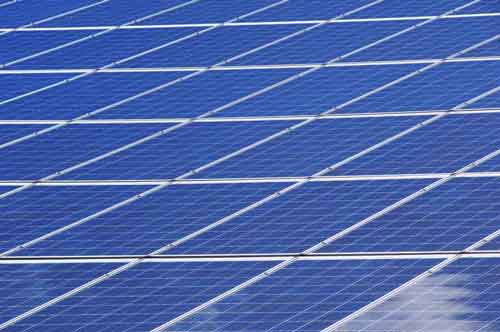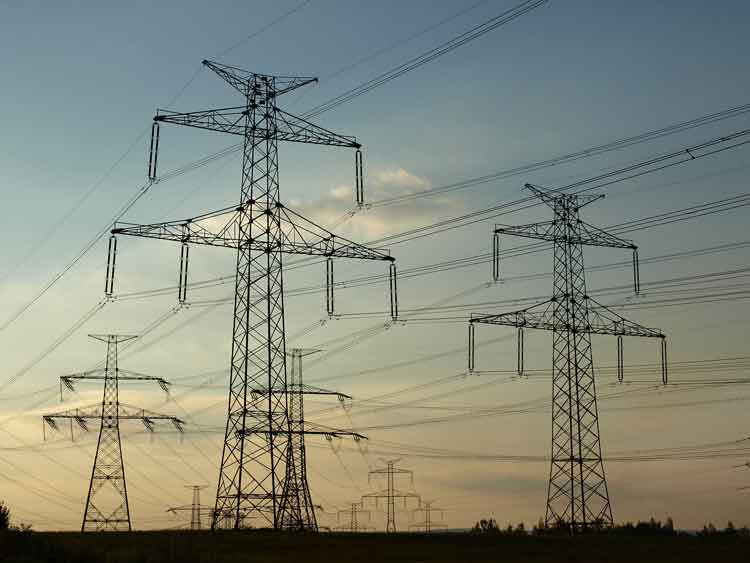B.C. To Fall Short of 2050 Greenhouse Gas Targets By Wide Margin
Protective Relay Training - Basic
Our customized live online or in‑person group training can be delivered to your staff at your location.

- Live Online
- 12 hours Instructor-led
- Group Training Available
BC LNG emissions forecast signals a 66 Mt rise by 2050, as Navius Research models greenhouse-gas impacts from LNG export, Climate Leadership Plan gaps, carbon pollution, methane controls, electrification, and renewable energy policy.
Key Points
Projection of BC GHG emissions reaching 66 Mt by 2050, surpassing targets due to LNG export growth.
✅ Navius projects 66 Mt total emissions by 2050
✅ LNG export drives sector growth despite methane controls
✅ Gap to 2050 climate targets exceeds 40 Mt even with offsets
British Columbia is on track to break through targets set for greenhouse-gas emissions in its Climate Leadership Plan by more than four times by 2050, according to a new analysis, due to a projected doubling of emissions from the province’s natural gas sector and development of a liquefied-natural-gas export industry, alongside ongoing debates over whether Site C's electricity would be used by such projects.
The estimate, released Monday by the Vancouver forecasting firm Navius Research, projects B.C.’s greenhouse-gas emissions will hit 66 megatonnes by 2050, which is eight megatonnes higher than 2016 emissions but soars above the province’s stated goal of reducing emissions to just 12.6 megatonnes — 80 per cent below 2007 emissions — by 2050, a target aligned with national pathways that will require more electricity to achieve.
That is largely the result of increased emissions from an LNG industry expected to produce 48-million-tonnes of the fuel for export by 2030 onward, on the assumption that all three of the Petronas-led Pacific NorthWest LNG, Shell-Canada-Led LNG Canada and Woodfibre LNG projects proceed to the full capacity of their proposals.
To date, only Woodfibre LNG has announced a final investment decision for it’s $1.6 billion LNG plant near Squamish, which is due to start production in 2020.
Pacific NorthWest LNG is expected to make a final investment decision by mid-2017 for its $11-billion LNG plant proposed for Prince Rupert. LNG Canada is expected to make a decision sometime after that, and improved interties, such as bridging the electricity gap between Alberta and B.C., could influence electricity supply options.
“This analysis highlights the extent of the gap between B.C’s legislated emission reduction targets and where this initial plan takes us,” said Sybil Seitzinger, executive director of the Pacific Institute for Climate Solutions, a climate research group run jointly by the University of Victoria, University of B.C. and Simon Fraser University, which was one of three groups that commissioned the Navius research.
Navius’ key findings account for expected emissions reductions due to closing off methane leaks in upstream gas drilling, electrifying more of the upstream production process and improving the efficiency of home heating.
It does not include the province’s expectation that enhanced forest management will cut emissions by 12 megatonnes per year by 2050 through sequestering that amount of carbon dioxide in reforestation.
However, if it were included, the report estimates that it would only shrink the gap to 41 megatonnes above B.C.’s 2050 target of 12.6 megatonnes compared with its forecast of 53 megatonnes.
“The province needs a carbon pollution reduction plan that closes the gap to its climate targets and builds a sustainable economy powered by renewable energy and energy efficiency,” said Matt Horne, B.C.’s associate director of the climate-policy think-tank the Pembina Institute, another sponsor of the research.
The Pacific Institute for Climate Solutions, Pembina Institute and Clean Energy Canada backed the Navius report billing it as the first independent assessment of the Climate Leadership Plan released by the provincial government last August as a first step toward meeting its emission-reduction targets by 2050, amid calls for phasing out fossil fuels across the province.
Source : Vancouver Sun











